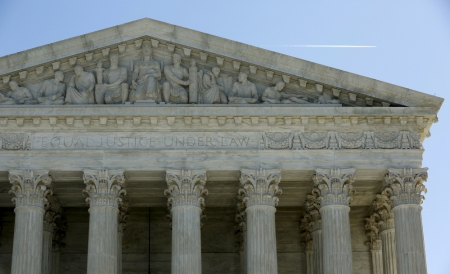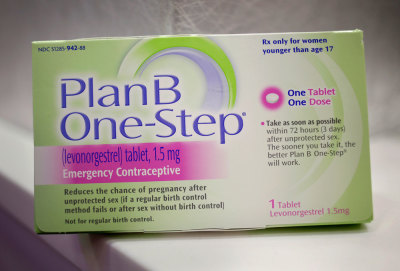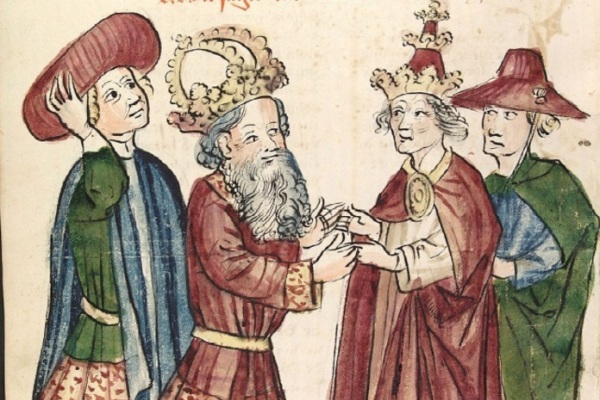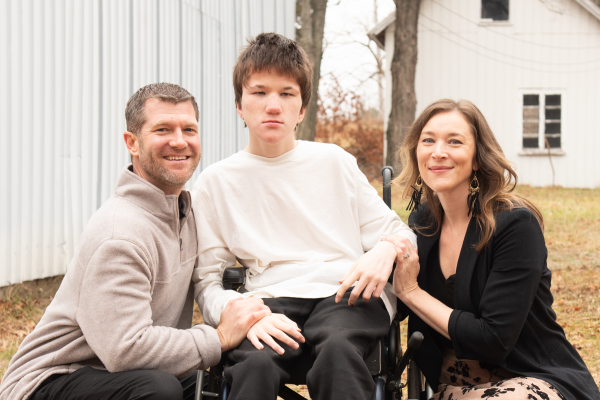'An Ominous Sign': Supreme Court Rejects Washington Pharmacists' Religious Liberty Complaint

The U.S. Supreme Court denied a hearing for pharmacists appealing a Washington State law mandating that they provide abortion-inducing drugs despite their religious objections.
A majority of the eight-member high court decided Tuesday morning to not hear an appeal in Stormans v. Wiesman, allowing a ruling from the Ninth Circuit Court of Appeals to stand.
While the decision to reject a hearing for the Stormans case was given without comment, Justice Samuel Alito authored a dissent to the decision.
Joined by Chief Justice John Roberts and Justice Clarence Thomas, Alito wrote that allowing the Washington State law to stand was "an ominous sign" for the future of religious freedom.

"At issue are Washington State regulations that are likely to make a pharmacist unemployable if he or she objects on religious grounds to dispensing certain prescription medications," argued Justice Alito.
"Yet the Ninth Circuit held that the regulations do not violate the First Amendment, and this Court does not deem the case worthy of our time. If this is a sign of how religious liberty
claims will be treated in the years ahead, those who value religious freedom have cause for great concern."
In 2007, the Washington Pharmacy Quality Assurance Commission unanimously adopted two administrative rules, the "Pharmacist Responsibility Rule" and the "Delivery Rule."
The "Responsibility Rule" said that a pharmacy cannot refuse to provide "lawful prescriptions," but it did provide a religious exemption for pharmacies and pharmacists.
In contrast, the "Delivery Rule" lacked any exemption for religious objections to providing "lawful prescriptions," including emergency contraceptives that may be abortion-inducing.
Ralph's Thriftway, along with two pharmacists, filed a lawsuit against the Commission in 2007 arguing that the rules violated their religious freedom.
U.S. District Judge Ronald Leighton presided over the case, granting the plaintiffs a preliminary injunction from the new rules. The injunction was later overruled by the Ninth Circuit Court of Appeals.
In February of 2012 Leighton ruled in favor of the pharmacists, arguing that the Commission's rules were "in practice unconstitutional."
In July of last year, a three-judge panel of the Ninth Circuit overturned the lower court decision, arguing that the plaintiffs must provide the contraceptive services.
Arguments were heard in November of 2014 before judges Susan P. Graber, Richard R. Clifton, and Mary H. Murguia. Graber authored the opinion.
"The rules permit pharmacies to deny delivery for certain business reasons, such as fraudulent prescriptions or a customer's inability to pay. The rules also permit a religiously objecting individual pharmacist to deny delivery, so long as another pharmacist working for the pharmacy provides timely delivery," wrote Graber.
"Because we conclude that the rules are neutral and generally applicable and that the rules rationally further the State's interest in patient safety, we reverse."
In January, the plaintiffs filed an appeal to the Supreme Court. They were represented by the Becket Fund for Religious Liberty.
During the month of February, many amicus briefs were filed on behalf of the pharmacists, arguing that the high court should grant their writ of certiorari.
These included briefs from a group of over 4,000 healthcare professionals, 43 members of Congress, the United States Conference of Catholic Bishops, the National Association of Evangelicals, and the International Society for Krishna Consciousness.
The Supreme Court's refusal to hear the Stormans appeal comes one day after the highest court in the nation ruled 5-3 that Texas' law demanding that abortion clinics have the same standards as surgical centers was unconstitutional.






















